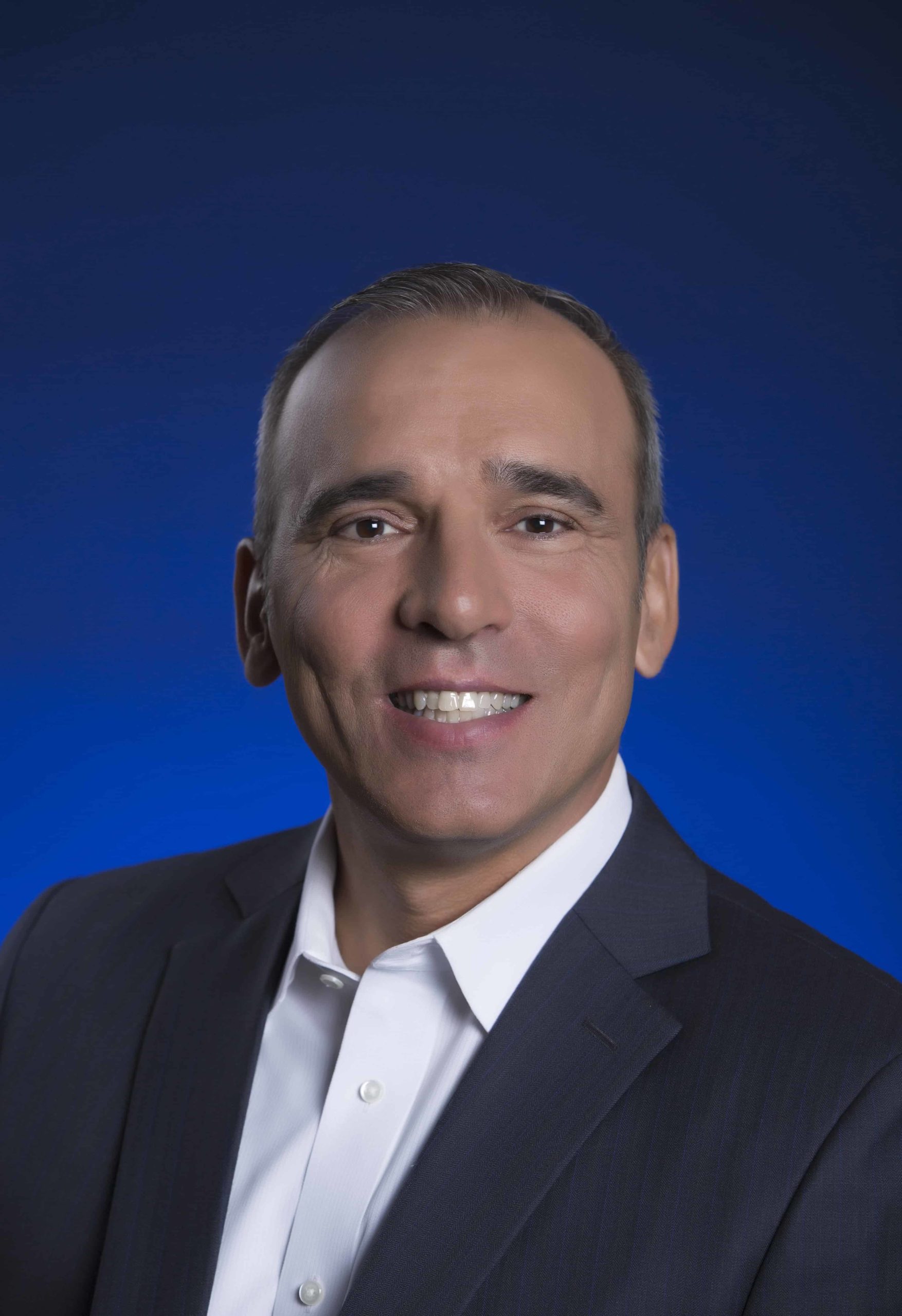
There has been renewed interest in discussing the state of mental health service delivery for those who have borne the burden. And while most of the community is contributing to a productive and healthy debate on the best course of treatment for veterans, others are using this as an opportunity to make one-sided arguments that support false and harmful claims about treatment being ineffective.
A recent academic article, for example, highlights only select research to question the efficacy of some of the most highly utilized PTSD treatments. As a former academic myself, and now mental health systems leader, I understand the value and place of articles like these and the resulting discourse. In order for us to grow as a field, we need to be willing to constantly challenge underlying assumptions and incorporate new information.
The problem is some will perpetuate the false and harmful conclusions about treatment being ineffective and the mental health community being incapable of responding to military mental health needs. A recent op-ed published by Military Times (MT) does just that, and the MT readership is presented with an emotional argument that generates fear and doubt about the quality of care available to our nation’s heroes.
As someone who has spent my career, both in uniform and as a civilian, committed to creating access to high-quality mental health services for military and veterans, I am compelled to point out there is a true risk of harm when incomplete information is used to make sweeping statements about mental health care for veterans and service members. There is an immense effort being made across the country to drive the development and implementation of effective treatment programs. At the same time, anti-stigma, outreach, and mental health access campaigns are being funded by philanthropy with the sole goal of improving an individual’s ability to access quality care. Exceptional work is being done by exceptional people across the country, to increase access to high-quality care. It is irresponsible for those invested in military mental health to drive individuals away from necessary and effective treatment, particularly when that treatment does work to improve symptoms of distress and quality of life.
Allow me to repeat, treatment does work. The importance of hope cannot be understated and there is plenty to be hopeful about. SAMHSA has an extensive database of treatments that have demonstrated, though many rigorous studies, to improve symptoms across a broad array of disorders.
That does not mean we have nothing more to learn, and it doesn’t mean the service providers can’t improve the systems in which they operate, but it does mean that individuals who are ready to seek care for the isolation, agitation, and distress they may be experiencing should do so with confidence. As noted by our valued colleague, Kacie Kelly, in a recent op-ed, mental health would benefit from comparisons to physical health treatments, such as cancer treatment, where a one-size fits all approach is not employed and multiple courses of treatment are often essential to achieve remission.
I have the good fortune to be surrounded by bright and committed individuals united by a shared commitment to creating access to high-quality mental health care. This includes ongoing scrutiny of the current evidence, while fostering continued innovation. Through multiple unique avenues, we have dedicated ourselves to ensuring those seeking help are able to get it readily and with measurable and sustainable improvements. Together, we have the incredible responsibility to advocate for innovation, access, and quality, relentlessly. We must work together to ensure those who need treatment can do so without fear, and as educated consumers. Instilling fear through misrepresentation is a step back from the progress we have made in promoting access.
All stakeholders have the opportunity and responsibility to empower veterans and service members to understand the resources available to them, and make informed, collaborative decisions.
By Dr. Anthony M. Hassan, Ed.D, LCSW
Chief Executive Officer and President
Cohen Veterans Network
